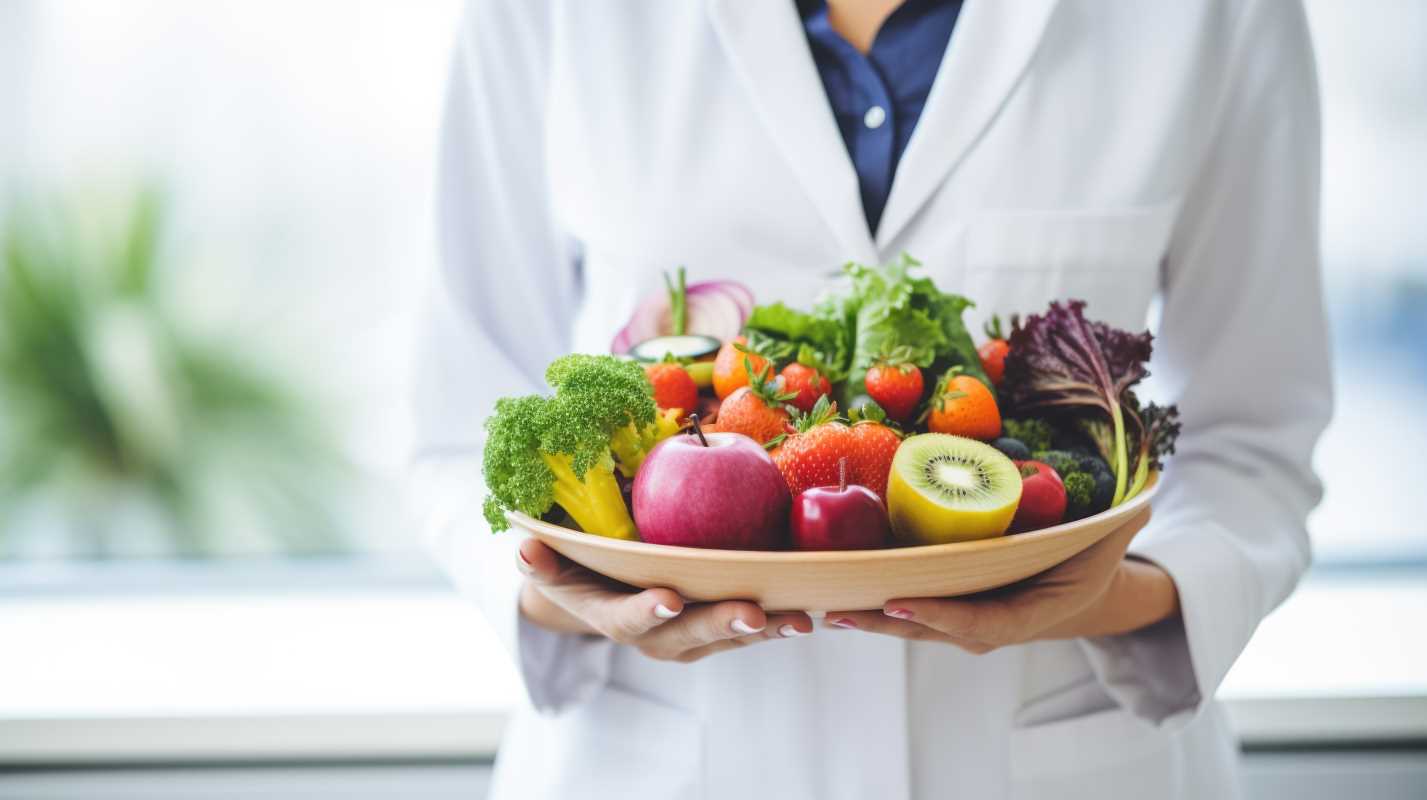Food Poisoning is a common and unpleasant experience that can occur when consuming contaminated food or beverages. Taking preventative measures is essential in safeguarding your health and well-being. Here are some valuable tips to help you prevent food poisoning and enjoy your meals worry-free.
Proper Food Safety Measures
When handling raw meat, poultry, seafood, and eggs, it's crucial to practice proper food safety measures. Always store these items separately from ready-to-eat foods in the refrigerator to prevent cross-contamination. Use different cutting boards and utensils for raw and cooked foods, and wash your hands thoroughly with soap and water before and after handling these items.
Correct Temperatures
Cooking food to the correct internal temperature is a key factor in killing harmful bacteria that can cause food poisoning. Invest in a food thermometer to ensure that meats, poultry, seafood, and eggs are cooked to the recommended temperatures. For example, poultry should reach an internal temperature of 165°F (74°C), while ground beef should be cooked to 160°F (71°C).
Proper Storage
Proper storage of leftovers is essential in preventing food poisoning. Store perishable foods in the refrigerator within two hours of cooking to slow the growth of bacteria. When reheating leftovers, make sure they reach an internal temperature of 165°F (74°C) to kill any bacteria that may have multiplied during storage.
Clean Kitchen
Maintaining a clean kitchen environment is crucial in preventing food poisoning. Wash countertops, cutting boards, utensils, and kitchen surfaces with hot, soapy water after preparing each meal. Additionally, regularly clean your refrigerator, microwave, and oven to prevent the buildup of bacteria that can contaminate your food.
Washing Food
Consuming contaminated produce can also lead to food poisoning, so it's essential to thoroughly wash fruits and vegetables before eating them. Use a produce brush to scrub firm fruits and vegetables under running water to remove dirt, bacteria, and pesticides. Peeling outer layers of produce can further reduce the risk of contamination.
Food Recalls
Staying informed about food recalls and food safety guidelines is another crucial aspect of preventing food poisoning. Keep up to date with food recalls issued by regulatory agencies and follow recommended food safety practices. By staying informed and vigilant, you can protect yourself and your loved ones from the risks of food poisoning.
By implementing these practical tips for preventing food poisoning, you can reduce the risk of falling ill from contaminated food. By practicing proper food handling, cooking, storage, and cleaning techniques, you can enjoy safe and delicious meals without the worry of foodborne illnesses. Stay proactive and informed to protect your health and well-being.
(Image via Adobe)
 (Image source: test8 / test3)
(Image source: test8 / test3) 





